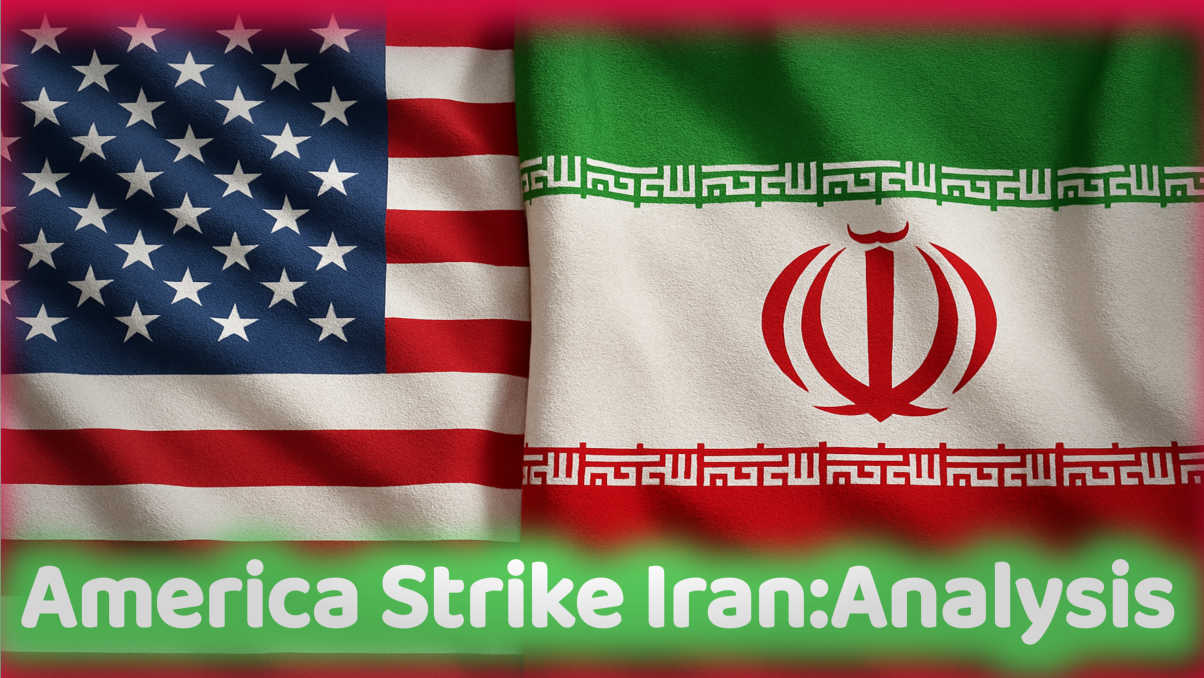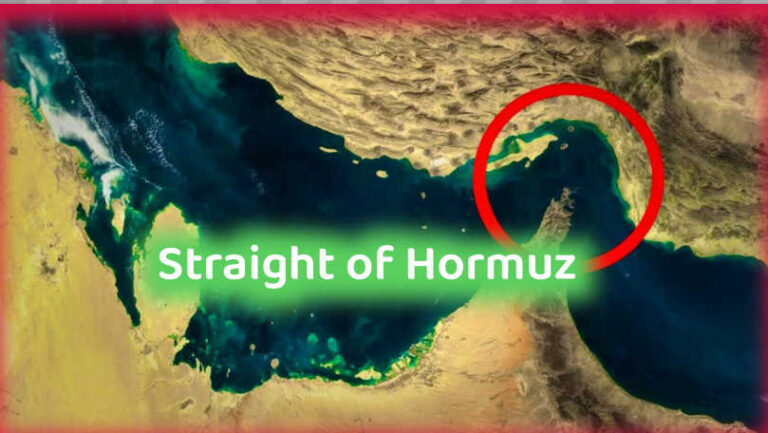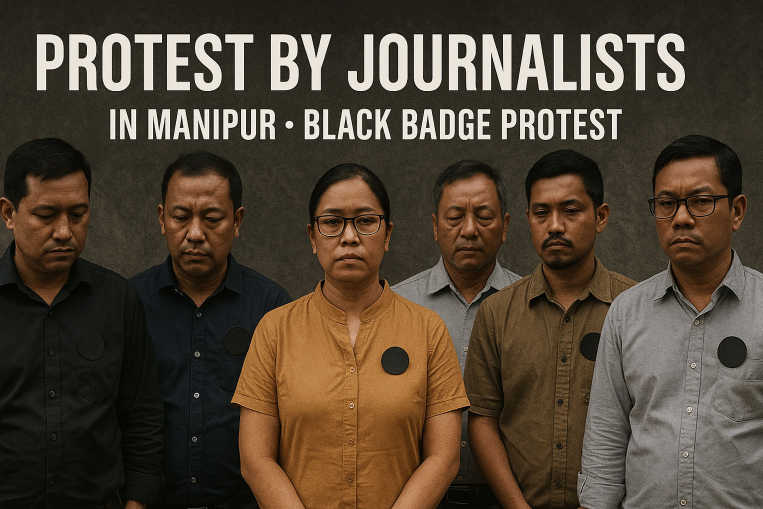
The recent US airstrikes on Iranian nuclear sites have ignited fears of wider conflict. This blog explores the incident’s geopolitical implications, global reactions, and the uncertain road ahead.
America’s Bold Strike on Iran
In a world already tense with shifting powers and unresolved conflicts, the recent American airstrikes on Iran’s nuclear facilities have shaken the global stage once again. The incident, which saw three key Iranian nuclear sites bombed, has not only reignited long-standing hostilities between the two nations but also raised serious questions about the future of peace and diplomacy in the Middle East.
The strikes reportedly targeted Iranian nuclear facilities with the intention of crippling Iran’s nuclear program. However, Iran quickly responded, claiming that the sites were evacuated beforehand to avoid any radiation hazards. One notable site, the Bushehr nuclear plant—where Russian scientists are involved—remained untouched, a decision that appears intentional and perhaps a signal to Moscow.
What’s striking about this attack is not just the damage or the targets but the timing and motivation. The United States, under the leadership of President Donald Trump, has long held a skeptical view of Iran’s intentions. This recent action seems to align with past rhetoric that has branded Iran as a “state sponsor of terror.” Yet the lack of direct evidence pointing to imminent danger or weapon development once again brings into question the credibility and legality of such aggressive foreign policy.
Power Over Proof: Skipping Congressional Approval
One of the most controversial aspects of the attack is the absence of congressional approval. In a democratic setup like the US, military action—especially of this scale—typically requires congressional consent. Trump’s decision to bypass this step drew heavy criticism from lawmakers across the political spectrum. Many senators and representatives have accused him of overreach and warned that such unilateral action could endanger American lives and plunge the region into further chaos.
Critics argue that the president’s decision mirrors past US foreign policies where military might trumps legal and diplomatic considerations. The ghosts of Iraq and Libya still haunt many who fear history repeating itself.
Global Echoes: Praise, Condemnation, and Silence
Reactions from around the world were swift and varied. Israeli Prime Minister Benjamin Netanyahu openly praised the move, calling it a “courageous decision.” This is hardly surprising given Israel’s longstanding concerns over Iran’s nuclear ambitions.
In stark contrast, Iranian state television condemned the attacks as blatant violations of international law. Tehran laid blame not only on the US but also on the International Atomic Energy Agency (IAEA), accusing it of negligence and bias. Nevertheless, Iran reaffirmed its commitment to its nuclear program, framing it as peaceful and sovereign.
UN Secretary-General António Guterres expressed deep concern and warned of an escalating conflict that could engulf the region. His words echoed the fears of millions who dread another long, drawn-out war in the Middle East.
Meanwhile, Russia and China—two powerful nations with ties to Iran—remained largely silent or cautiously diplomatic. Though there’s speculation about their involvement or support for Iran, many believe both countries are unlikely to get directly involved unless provoked further.
Muddy Waters: Conflicting Reports and Hidden Truths
As with many wars and military actions, the truth remains murky. The IAEA reported no changes in radiation levels at one of the targeted plants, raising doubts about the effectiveness or even the authenticity of US claims. Was the strike more symbolic than strategic? Or is the public simply not being told the full story?
The possibility of Iranian retaliation also looms large. Analysts speculate potential attacks on American bases across the Middle East or even strikes on Israeli territory. Such responses, if they happen, could trigger a devastating cycle of violence with no clear end.
A Dangerous Game of Interests
The video from Ravish Kumar’s channel captures the complexity and dangers of this unfolding situation. It’s a stark reminder that in global politics, truth is often lost in noise, and war is rarely about justice. Instead, it’s often a game of interests—of who controls what, and at what cost.
Arab nations, meanwhile, appear to play a passive role, serving more as logistical bases for US military action than as mediators or influencers. Their silence, or muted responses, suggest a geopolitical landscape where decisions are driven less by regional unity and more by dependency or fear.
Conclusion: When Power Overshadows Peace
In the end, this isn’t just a story about bombs and borders—it’s about humanity, fear, ambition, and the fragile hope for peace. As history has shown us repeatedly, wars begin with confidence and end with regret. And once again, the Middle East stands at a dangerous crossroads, caught between competing powers and unending rivalries.
Only time will tell whether this strike marks the beginning of a larger conflict or a desperate attempt to assert dominance. Either way, the world watches anxiously, hoping that cooler heads will prevail before it’s too late.






